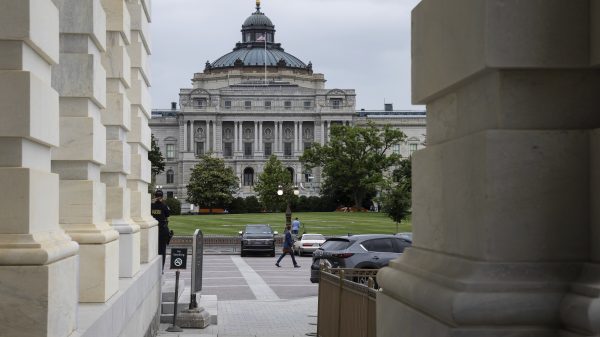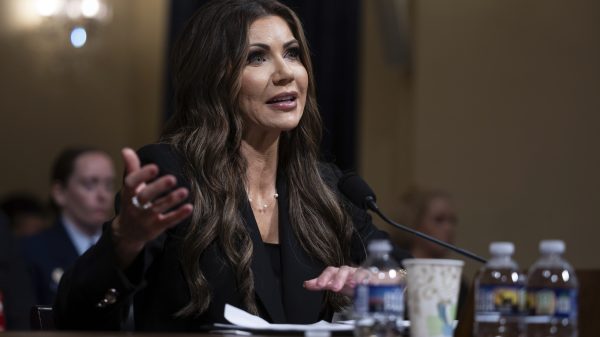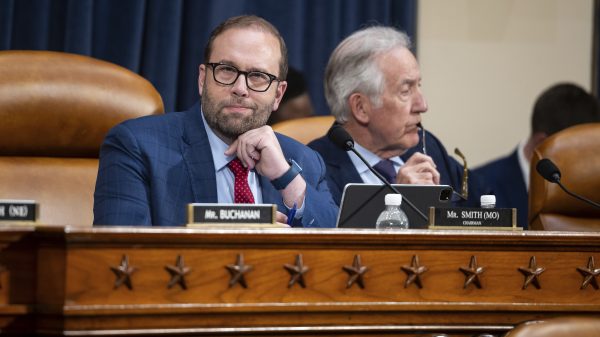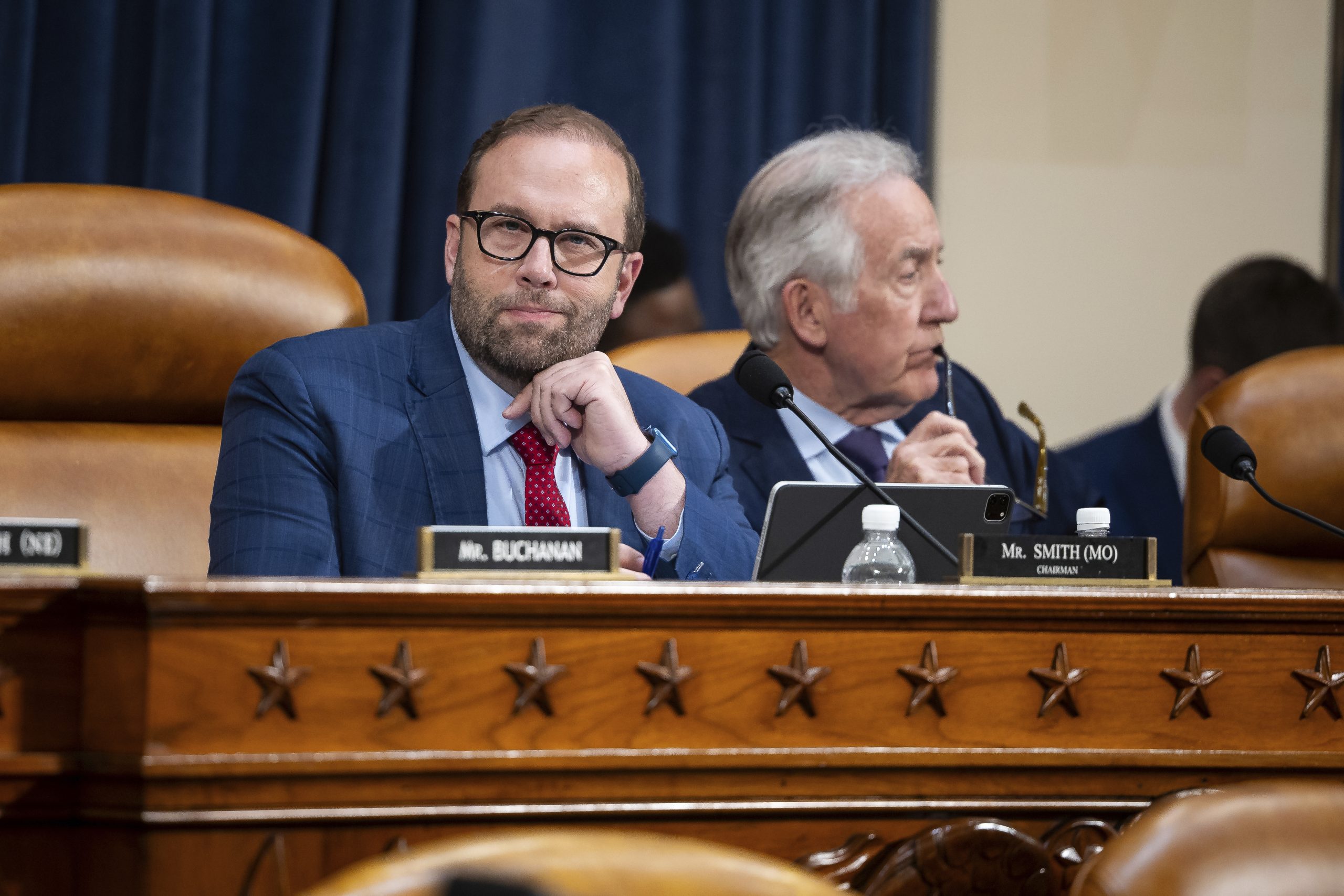The House Ways and Means Committee approved Republicans’ sweeping tax package Wednesday, after a marathon hearing in which they shot down a string of attempts by Democrats to rewrite the plan.
Approval came on a party-line 26-19 vote, and sends the bill — stocked with tax cuts and some notable tax hikes on GOP targets like Ivy League colleges — on to the chamber’s Budget Committee. Lawmakers there will combine it with spending-cut legislation produced by other committees in preparation for floor action.
At the same time, Republican leaders appeared to be edging closer to a deal with a handful of holdouts upset with the bill’s hike in a limit on state and local tax deductions to $30,000, from the current $10,000. Some Republicans from high-tax states call that inadequate and have been threatening to kill the legislation.
Lawmakers aim to push the bill through the entire chamber by Memorial Day, with Senate action to follow. Republican leaders then plan to roll the tax legislation into a megabill carrying most of President Donald Trump’s domestic policy agenda.
The tax hearing went all night, and was frequently contentious, with lawmakers battling over the plan’s likely winners and losers. Democrats called it a giveaway to the super rich, which Republicans rejected, pointing to plans to expand the Child Tax Credit and standard deduction, as well as create new breaks for tips and overtime pay.
Democrats offered failed amendments to preserve green energy incentives from the Inflation Reduction Act and credits to expand health care coverage under the Affordable Care Act.
They also offered four separate amendments to block tax cuts for top earners, hit Trump’s tariff policies, proposed expanding incentives for child care and tried to block a credit for school choice.
The hearing began with a packed house when it opened at 2:30 p.m. Tuesday. The cavernous committee room was standing-room only, thick with lobbyists and staffers. The crowd was still healthy as midnight approached, but as the hearing wore on, it gradually thinned, with observers frequently talking amongst themselves. Lawmakers repeatedly admonished members of the crowd to take their conversations elsewhere.
At one point, Rep. Blake Moore (R-Utah) fell asleep and had to be awoken by a colleague when it was his turn to vote on an amendment. As the sun came up, lawmakers joked about potentially setting a record for the longest-ever hearing. “Y’all just don’t look too good over there,” Rep. Greg Murphy (R-N.C.) told haggard Democrats. “We don’t look too good over here — just ask Blake.”
The legislation is primarily aimed at preventing a slate of tax cuts from expiring at the end of this year, though it includes provisions demanded by both President Donald Trump and GOP lawmakers.
The package is projected to cost $3.8 trillion, budget forecasters said Tuesday, enough to fit within Republicans’ budget with some room left to address the state and local tax deduction, commonly called SALT. Average earners would see their tax bills fall by double-digit percentages in 2027 under the plan, the official Joint Committee on Taxation said.
But Democrats stressed that, in dollar terms, well-to-do taxpayers would be better off under the plan. People making more than $500,000 would see an aggregate tax cut of about $170 billion in 2027, the report shows, compared to $59 billion for those earnings between $30,000 and $80,000.

















